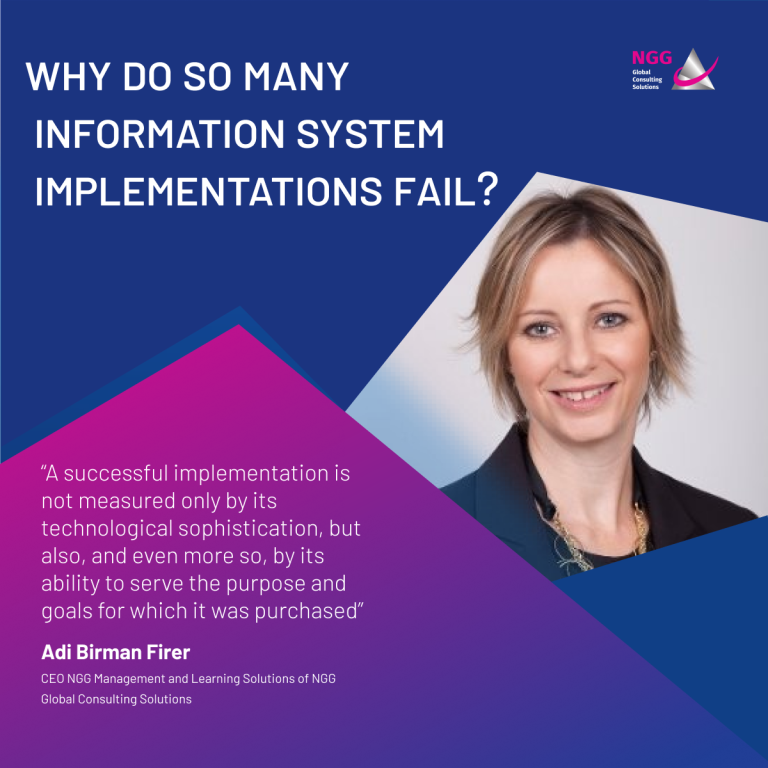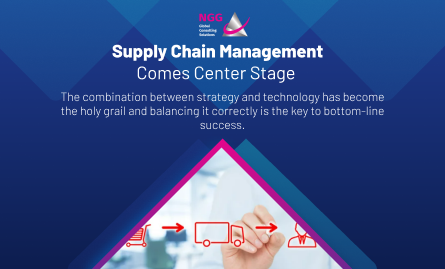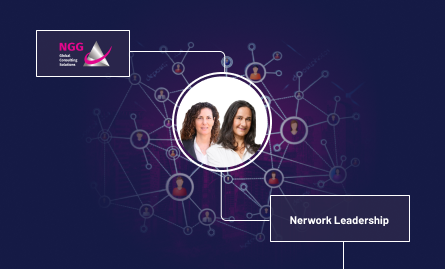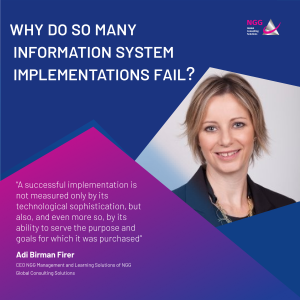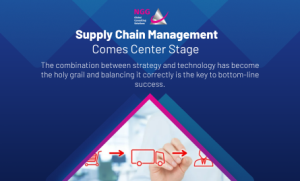What can we learn from LivePerson’s bold decision to let go of their offices worldwide and make a collective shift to permanent remote working?
By Nili Goldfein and Galit Diamant
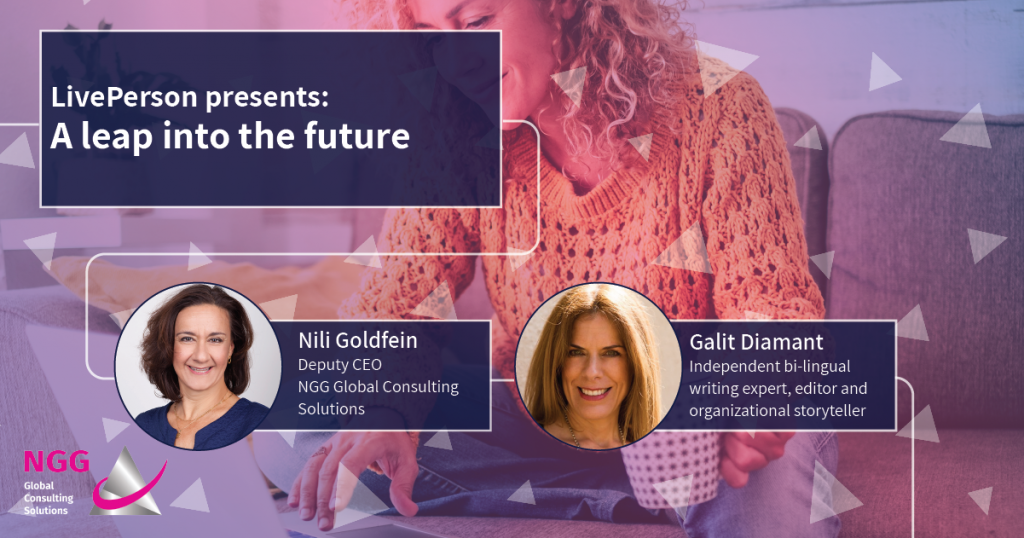
A few weeks ago, global software company LivePerson dramatically announced that they will be closing their physical offices, while their employees from all over the world will permanently work from home. Savings from this cost-effective move will be invested in the company’s human capital growth, welfare and adaptation to remote work. What can we learn from this bold and fresh decision that re-defines prevailing business assumptions and literally changes the game?
Introducing Hybrid
The Coronavirus outbreak was a wake-up call for all organizations to quickly prepare for remote work. Technically-challenged companies had no choice but to purchase laptops, improve their digital communication platforms and learn how to conduct remote meetings and workshops. Tech-oriented companies that have been communicating virtually even before the pandemic outbreak immediately set out to further improve their platforms while addressing network and cyber security issues. While employee trust was widely contemplated, in most cases it quickly became clear that people were working seriously from home, while maintaining and even improving productivity levels.
Getting back from lockdown, hybrid became a buzzword for new processes of gradual change in forms of work, learning, and systems in transitional times. While the old world of offices, boardrooms, water coolers and kitchenettes continue to partially exist, it was now accompanied by the new kid on the block: the world of online, virtual and decentralized modes of work. In other words, by going hybrid organizations could still hang on to both sides of the rope and engage in familiar linear modes of change they have been accustomed to for decades. But now, as gutsy organizations like LivePerson take a bold leap above and beyond all that is linear, we should all be asking ourselves whether it’s time for the business world to part ways with linearity altogether.
Skipping or Tripping?
In light of this courageous decision to skip intermediate stages and move directly to the future, lifelong organizations should consider some noteworthy questions: Can people genuinely feel a sense of organizational pride, connectedness, belonging and joy in a workplace where the only social gatherings are on Zoom? How can we be certain that companies will allocate the million dollars of savings to the wellbeing of their employees and not to the deep pockets of their shareholders? When most companies are still exploring linear hybrid options, how can total-virtual organizations attract and retain great talent?
There is no one best way to answer these questions, and numerous possible solutions vary according to each organization’s individual culture and complexities. Still, here are some practical tips for organizations who are looking to get inspired by LivePerson’s bold move:
1. Tell a great story
Organizations that strive to create shortcuts and skip linear hybrid stages should invest in best practices to tell their story. They should formulate a distinctive, clear, authentic and contemporary organizational narrative, which will be echoed to investors, employees, managers, candidates, the business environment and the general public. Research has shown that shared values, beliefs, destinies and goals are crucial to organizational success, and great stories serve as the glue that brings them all together. As Mahatma Gandhi wisely said: “Pay attention to your thoughts, they form your words. Pay attention to your words, they create your actions. Pay attention to your actions, they shape your destiny “.
2. Consider optional physical spaces
As people are social beings who were not born to live or work separately, physical gatherings will always remain important. However, this does not need to involve expensive costs on permanent real-estate structures. Today options for inexpensive time-shared workspaces are available for various forms of occasional gatherings, for small teams that need to meet on a regular basis, larger corporate workshops and events or even for an individual employee who can’t work from home. Consider what works for your company and remember that human beings will always need human connections, especially in times of uncertainty.
3. Create new horizons for your Talent
Many managers fear that in the absence of branded offices, parking spaces, dining rooms and other status symbols, it will be difficult for them to recruit talent who will be brave enough to choose to work in a game-changing organization. While some talent will indeed prefer to continue working in familiar modes, others more open-minded will happily join a brave organization that is creatively challenging the new world. As long as upper management will live up to their promise and allocate real-estate and company cars savings to Human Capital’s well-being and future career development, great talent will reciprocate by offering creative solutions for organizational challenges.
Get ready to be surprised
LivePerson is one of the first organizations to part ways with the linear past and make a bold move into the future, but it’s only a matter of time before others will follow. The solutions we will see in the coming years might seem incomprehensible at first, but once they present themselves, we’ll all ask ourselves: “How on earth haven’t we thought of this before?”
In his book Inventing the Future, Nobel Prize laureate Dennis Gabor wrote: “We cannot predict the future, but we can invent it”. In light of all that is happening and what the future holds, we should all get inventive and get ready to be surprised.

Nili Goldfein – EVP Marketing & Business Development at NGG Global Consulting Solutions, specializing in Leadership and Management in a World of Disruption

Galit Diamant is an independent bi-lingual writing expert, editor and organizational storyteller.
